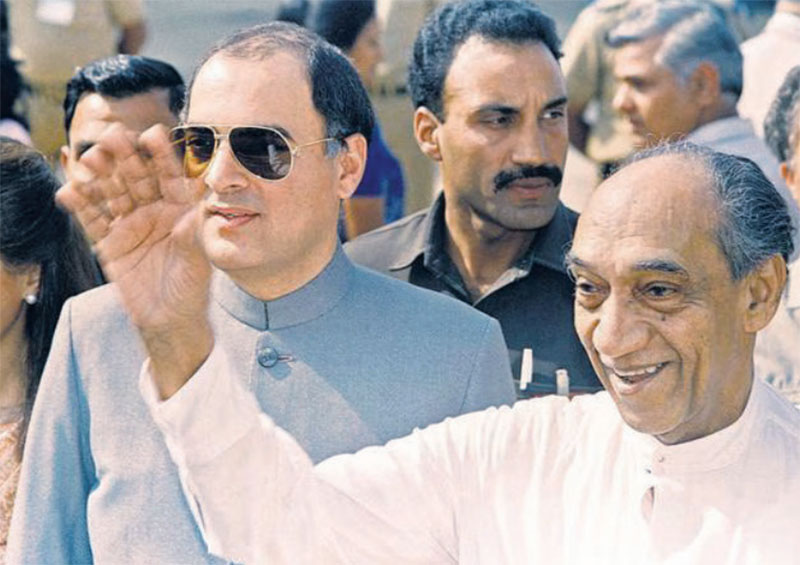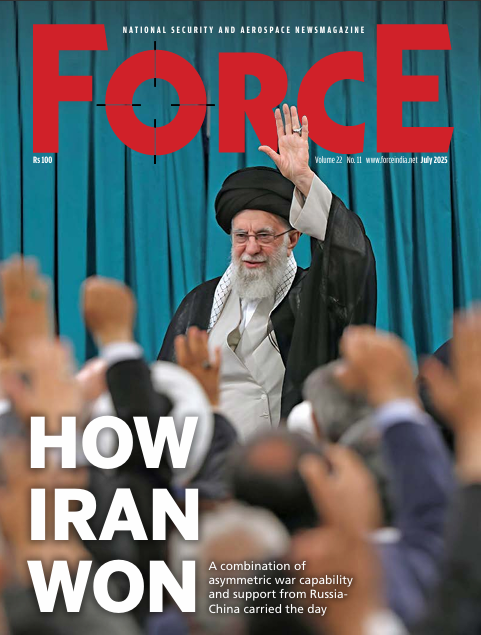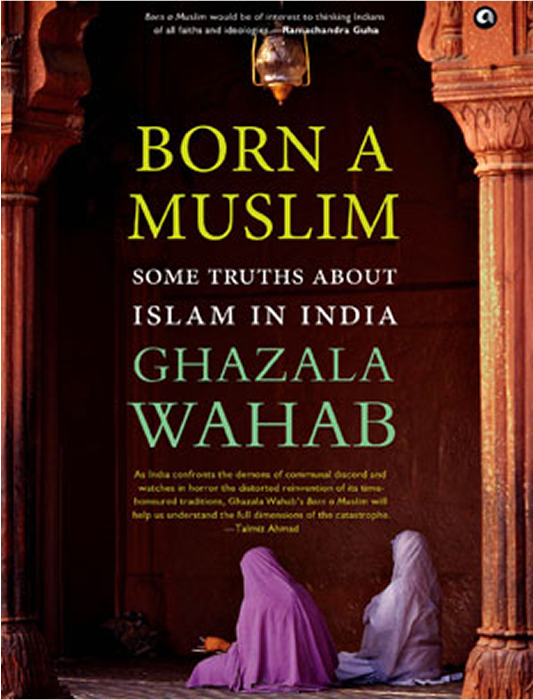Folds of History
Mohammad Asif Khan
In October 1987, a contingent of Indian Peace Keeping Force (IPKF) soldiers embarked on a hazardous mission to Jaffna University in Sri Lanka, where key leaders of the Liberation Tigers of Tamil Eelam (LTTE) were believed to be hiding. The aim was to swiftly capture these leaders, but the operation faced immediate difficulties. As helicopters carrying the troops approached the university, they encountered intense gunfire from LTTE fighters who had anticipated the attack. Despite the heavy resistance, the soldiers pressed on with determination.

Sri Lankan President J.R. Jayewardene (right) arrives in New Delhi in November 1987 to hold talks with Indian Prime Minister Rajiv Gandhi
The situation quickly deteriorated. The operation, initially planned to last 90 minutes, extended as only a fraction of the soldiers were able to land and engage the enemy. The rest faced severe obstacles, including relentless enemy fire and difficult terrain. By dawn, it was evident that the mission had exacted a heavy toll. Many soldiers were either killed or captured, reflecting the immense bravery and sacrifice of those involved.
These soldiers were part of Operation Pawan, an ambitious military initiative by the IPKF aimed at disarming the LTTE and restoring peace in Sri Lanka. On 29 July 1987, Indian Prime Minister Rajiv Gandhi signed the India-Sri Lanka Peace Accord, leading to the deployment of Indian troops to safeguard Indian interests. This marked the beginning of Operation Pawan.
Operation Pawan continued for three years, with Indian troops beginning their withdrawal in 1989 and completing the pullout by March 1990. The operation resulted in significant casualties, with around 1,200 Indian soldiers losing their lives and many more injured. While it succeeded in taking control of key LTTE-held areas, including Jaffna, it ultimately failed to establish lasting peace. The LTTE continued their insurgency, leaving the conflict unresolved and the situation in Sri Lanka still volatile. This difficult and costly intervention is why Operation Pawan is often referred to as ‘India's Vietnam.’
Perhaps, this is the reason Operation Pawan is not widely commemorated in India. The government has not officially recognised or honoured the operation with dedicated events or memorials, resulting in a lack of public acknowledgement of the troops’ courage. Despite this, veterans and their families have endeavoured to honour their comrades privately. They sought and received permission from the government to pay tribute at the National War Memorial. However, the approvals granted in 2021 came with conditions: only a silent ceremony would be allowed, no serving officer in uniform could attend, and a wreath could be laid only by the senior-most officer present.
On July 29 this year, a silent ceremony was held at the National War Memorial for the fourth consecutive year. A small gathering of veterans and families honoured the martyrs, but no minister or elected representative of India attended the commemoration event.
Talk
Subscribe To Force
Fuel Fearless Journalism with Your Yearly Subscription
SUBSCRIBE NOW
We don’t tell you how to do your job…
But we put the environment in which you do your job in perspective, so that when you step out you do so with the complete picture.








